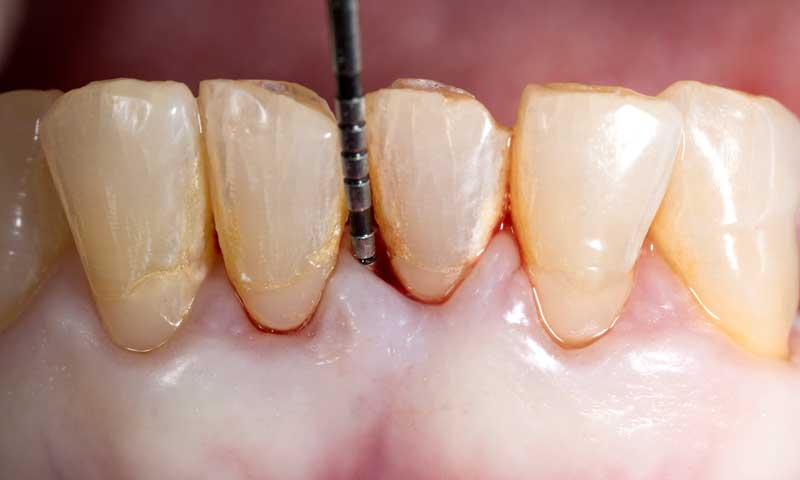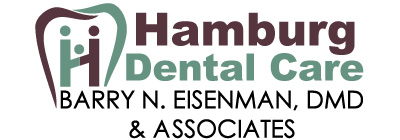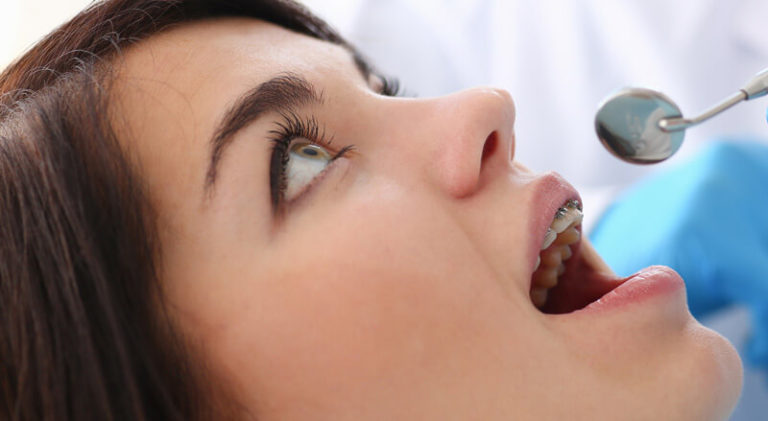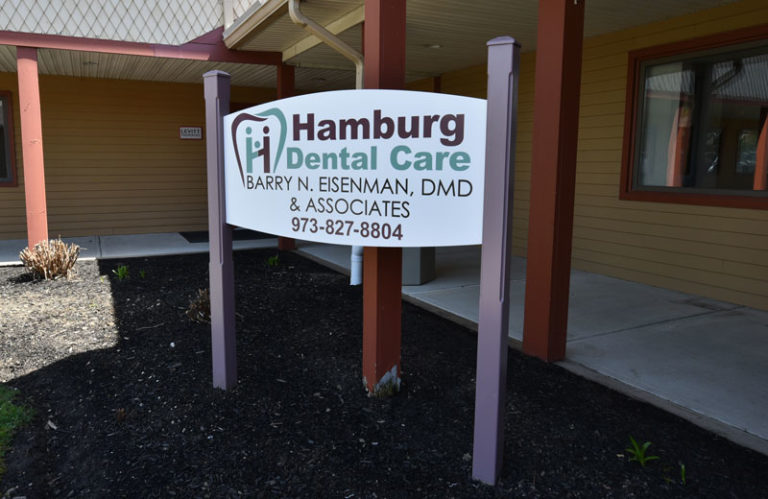Some people love to have their teeth cleaned at the dentist. They leave with their teeth and entire mouth feeling clean and refreshed. Other people simply ask themselves, “Why do I need professional dental cleaning?” and put off their cleaning until they have dental pain.
If you delay having a professional dental cleaning, or try to avoid it altogether, you need to know these three facts:
- According to the National Institute of Dental & Craniofacial Research, periodontal disease is the number one reason adults suffer tooth loss.
- Not having dental cleanings on time can lead to periodontal disease (gingivitis and periodontitis).
- Even more seriously, the medical profession has linked periodontal disease to other serious health problems, including heart disease and strokes.
Professional dental cleanings can help you avoid other dental problems, as well, including tooth damage from tooth decay and tartar build-up at the gumline.
Once you know the facts, it’s easy to see why you should make a dental appointment today for a dental checkup and cleaning.

Basic Dental Cleaning
It’s recommended that adults and children have regular dental cleanings every six months.
Sometimes it’s recommended that a patient has dental cleanings more frequently—perhaps four times a year, or sometimes, every month.
This is often recommended when the patient:
- Has gingivitis
- Uses tobacco or illegal drugs
- Suffers from certain diseases, including diabetes
- Has a compromised immune system
- Is experiencing hormonal changes
Dentists or dental hygienists remove plaque and tartar from tooth surfaces, around the gum line, and from between teeth, during a regular dental cleaning. Afterwards, they polish the teeth.
Most people choose to have a fluoride treatment at the end of their cleaning. It is simple, painless, and takes just a minute. The fluoride protects your teeth from developing cavities for many months.
We can find early gum problems or cavities during your dental cleaning. Treatment for these smaller problems will keep you from needing a root canal treatment, or more involved periodontal cleaning in the future.
Dental Cleanings Remove Plaque and Tartar
Proper daily brushing removes most plaque. However, when plaque remains on teeth for even a short time, it hardens and becomes tartar. Since tartar is extremely hard and strongly adheres to teeth, a dental hygienist or dentist must safely scrape it away.
Tartar contains bacteria that can do serious damage in your mouth. If you digest sugar, the bacteria turn the sugar into acid. The result is cavities and ultimately gingivitis.
Facts About Gingivitis
Gingivitis is the beginning, mild form of periodontal disease. It is caused when plaque and tartar irritate your gums.
Symptoms of gingivitis include:
- Gums that are red or swollen
- Gums that are tender
- Gums that bleed easily when you brush them
- Persistent bad breath
Dental cleanings treat and reverse gingivitis. If stopped early, gingivitis won’t cause any lasting problems.
Facts About Periodontitis Disease
If left untreated, gingivitis can progress to periodontitis. Many problems caused by periodontitis cannot be reversed because they include bone loss.
When you have periodontitis, you have the symptoms of gingivitis plus some or all of these additional symptoms:
- Pain when chewing
- Dull, gnawing localized pain in the mouth
- Pain in a tooth that worsens when chewing
- Sensitive teeth
- Loose teeth
- Receding gums
- Upper and lower teeth don’t fit together when you bite

The Periodontal Cleaning
When you have periodontitis, you need a periodontal cleaning—also called a deep dental cleaning. A deep cleaning may also be recommended if it’s been a long time since you had a regular dental cleaning.
A dentist can numb your gums, so there is no need to feel any discomfort during this procedure.
When you have periodontal disease, pockets develop between the teeth and gums. These pockets fill with tarter and bacteria, which damage teeth and gums. It can even destroy bone in the mouth.
Regularly scheduled cleanings keep these pockets clean. Periodontal cleaning can also reduce these pockets so gum tissues can heal. This will help prevent additional infection, and gums may stop receding.
What Happens During a Periodontal Deep Cleaning?
During a periodontal cleaning, there is deep scaling and root planning. The pockets around the teeth are cleaned. The dentist smooths the rough surfaces on the roots of the teeth to help gums reattach to teeth.
As a last step, the dentist will apply a liquid antibiotic. They may also prescribe an oral antibiotic to treat any lingering infection.
The need for additional deep cleaning sessions is determined at a follow-up visit.

We Take Care of Teeth Painlessly
At Hamburg Dental Care we specialize in pain-free dentistry. We even offer The Wand Numbing System, so you will remain comfortable and anxiety-free during your dental treatment.
Contact our office for an appointment. We specialize in Pain Free Dentistry!




